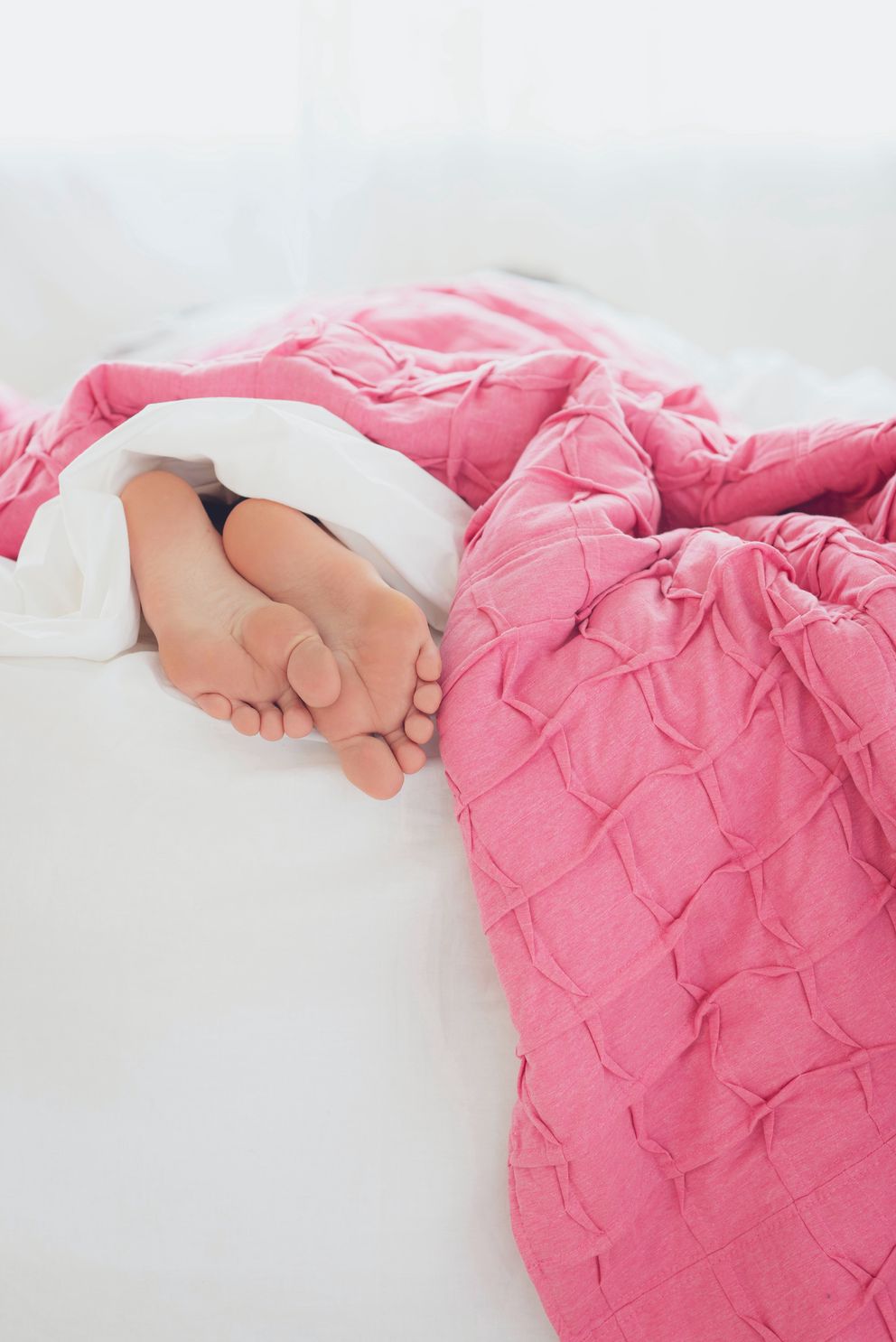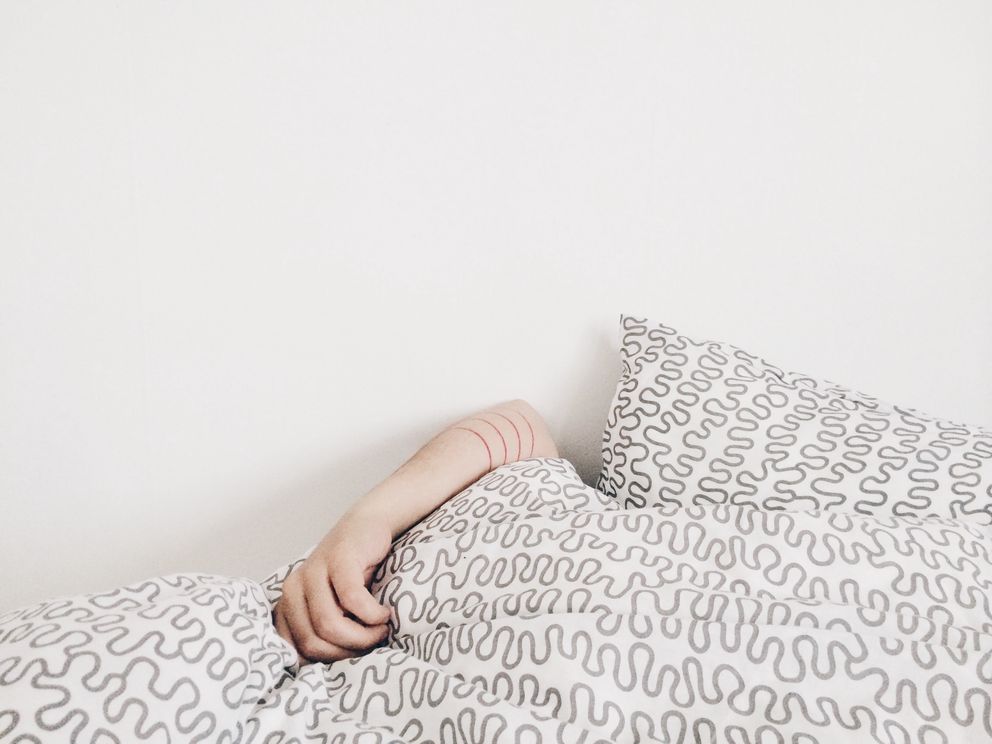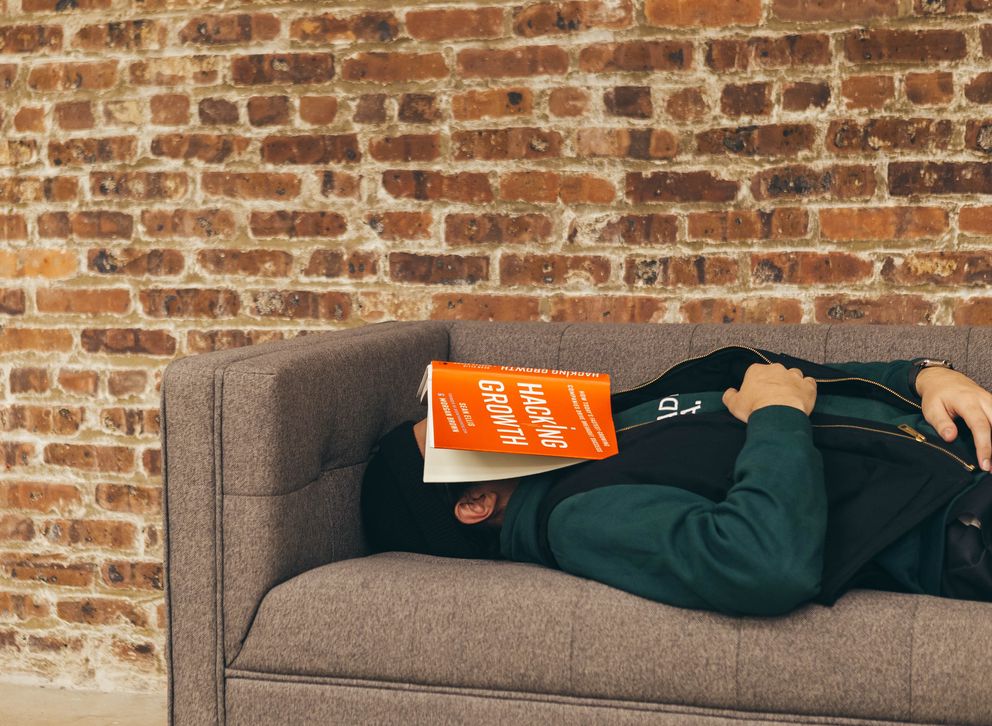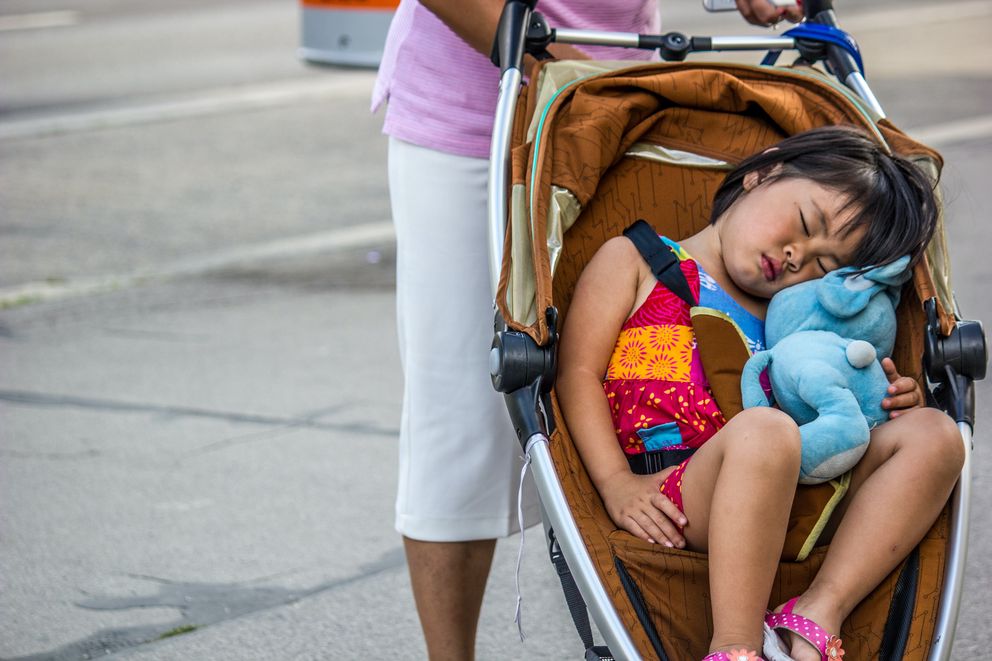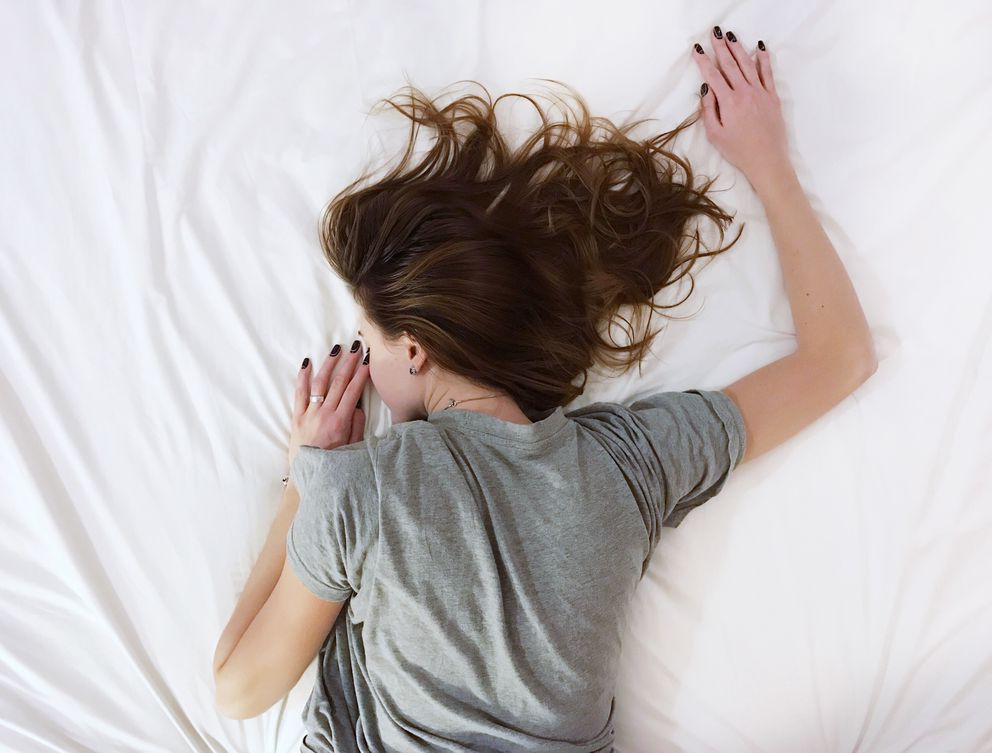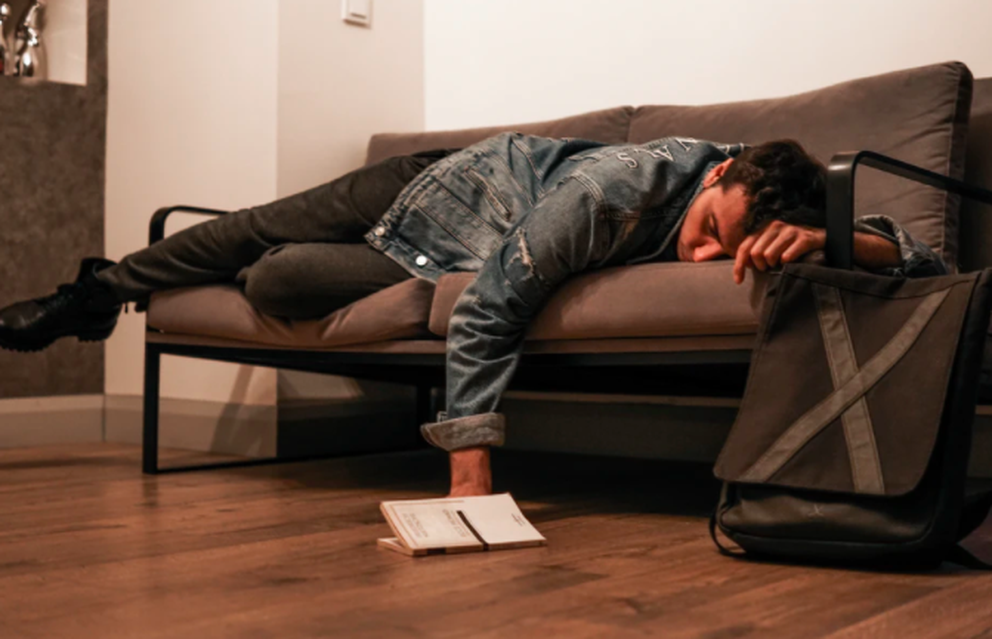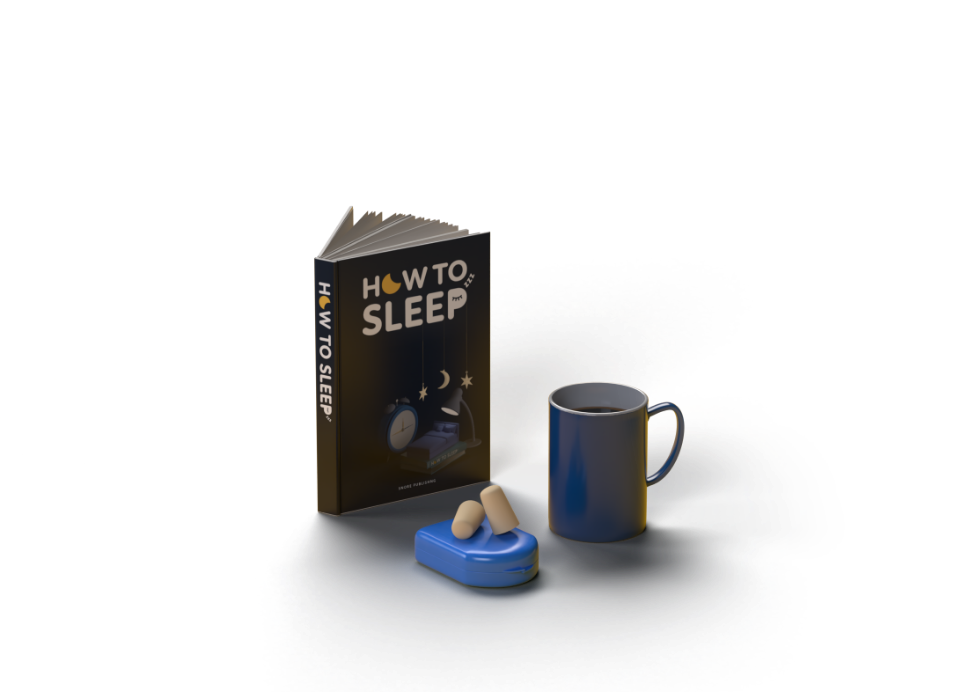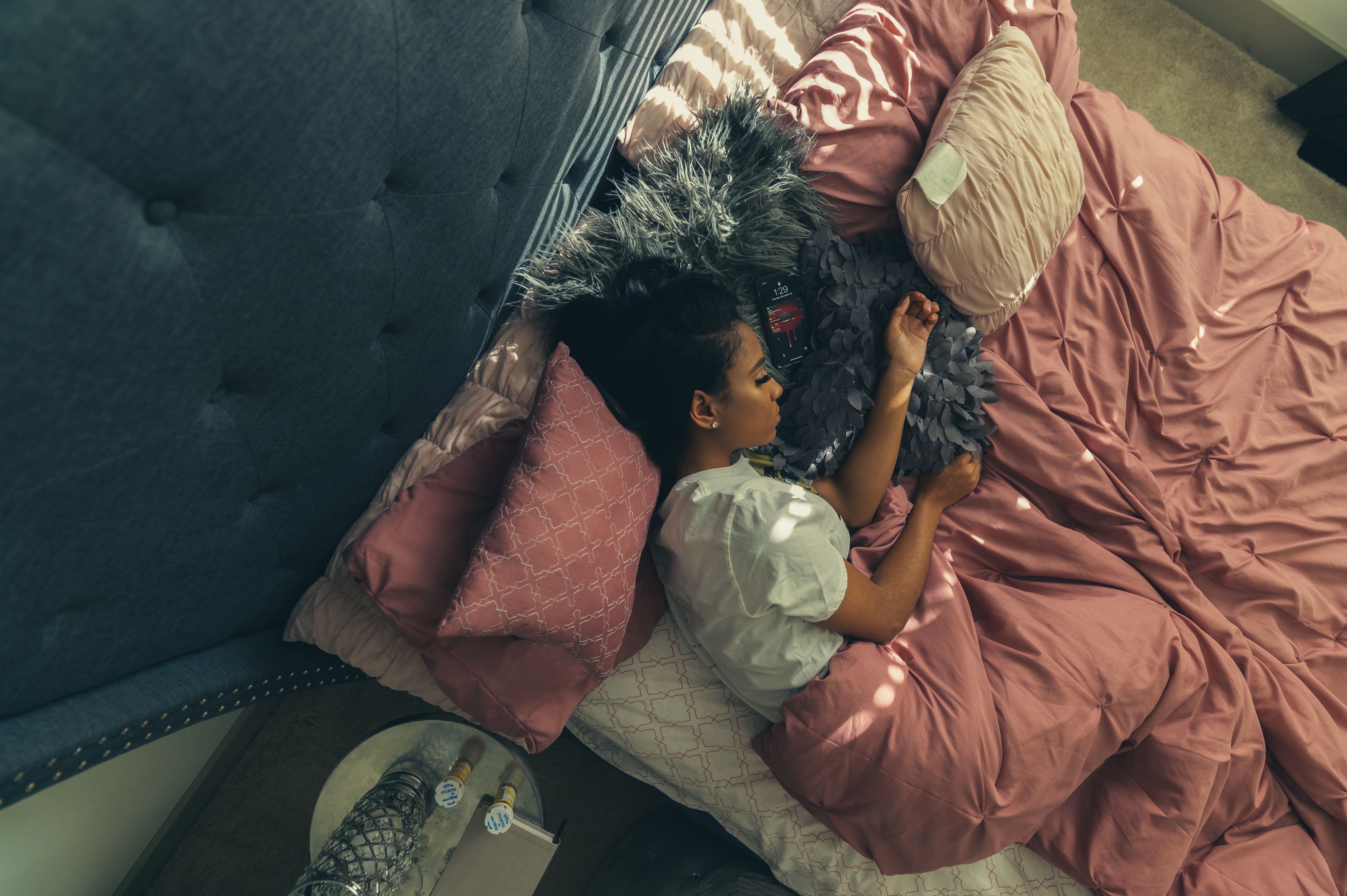
Sleep statistics
Learn more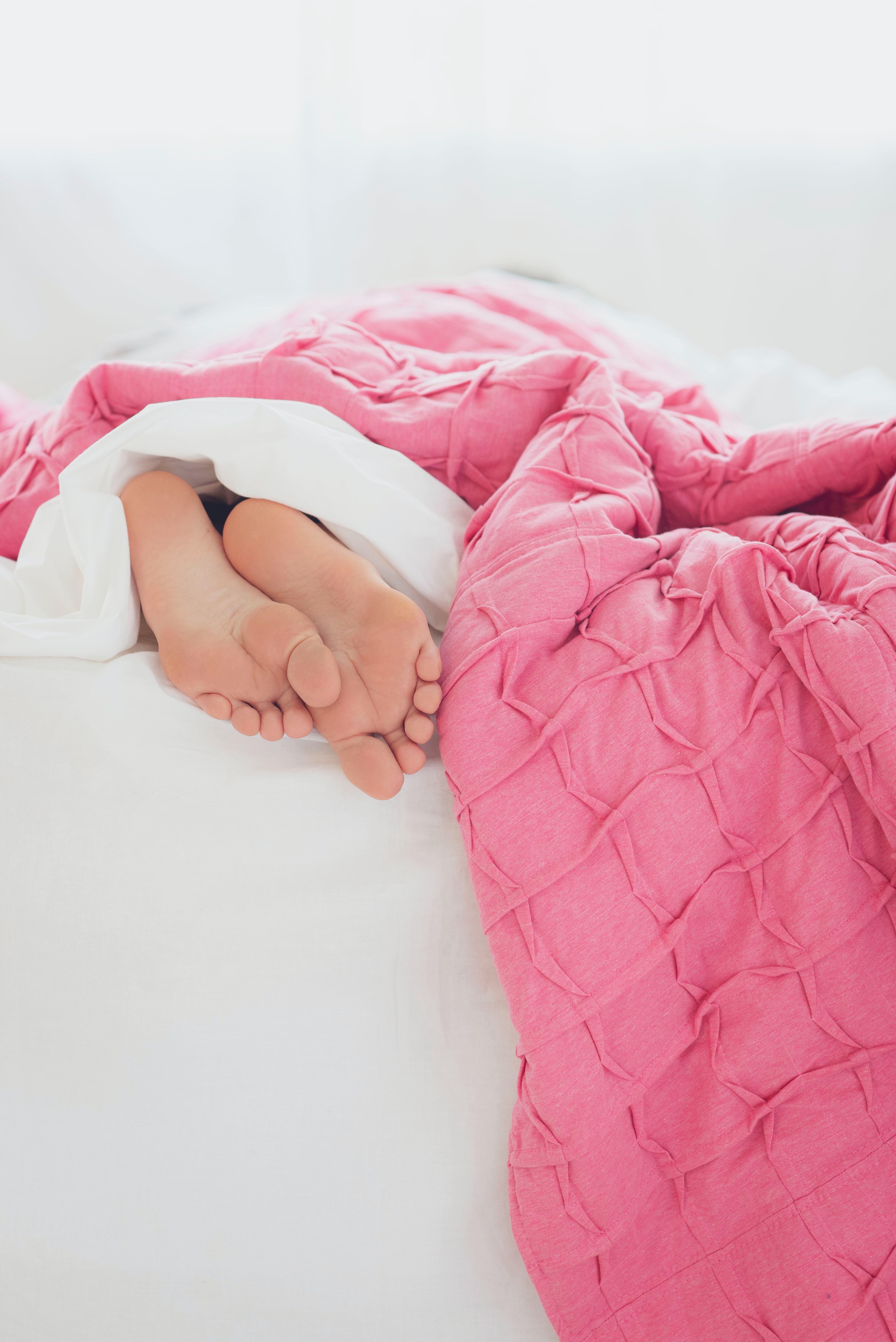
Chapter 1
Getting enough sleep
Barriers to sleep
Sometimes, we really just can’t switch off. There are loads of reasons why that might be the case.
Dropping off
Shocking stats from a recent survey revealed as many as 22% of Brits have trouble falling asleep every night. While not as extreme, 15% said they struggle at least once a week.
And when it came to age groups, it was those between 55 and 64 who said they find falling asleep a challenge every night. A whopping 30.2% said getting to sleep was a nightly struggle.
At the other end of the spectrum, just 16% of people aged 35-44 have trouble falling asleep on a nightly basis.

Getting enough sleep
Are you getting the recommended amount of sleep every night? A lot of us will complain of constantly feeling tired, and given the figures that’s perhaps not a total shock. The National Sleep Foundation recommends getting anywhere between seven to nine hours every night.
And while that seems achievable, YouGov figures (as of October 2020) highlight a huge chunk of Brits just aren’t getting enough. Results showed:
18% get 8 hours
33% get 7 hours
25% get 6 hours
11% get 5 hours
With just 41% of the country getting the right amount of sleep, it’s no wonder caffeine has become one of the most prized assets in any British office.
There is some good news for the country as a whole, though. When all is said and done, people in the UK manage to get an average of 7h 24m sleep every night – seeing them creep into that all-important window.
If you’re someone who struggles to sleep, consider changing your position in bed. Did you know that different ways of sleeping can help with common nighttime problems?
Foetal position – Reduces the risk of neck strain
Skydiver – Eases snoring and sleep apnoea
Log Roller – Eases back pain
Yearning Dreamer – Reduces curve of spine and helps with snoring
Stats also revealed a clear difference between positions which high and low financial earners slept in, as well as the amount of sleep they were getting. A survey of 5,000 working professionals in the UK found that top earners (more than £54,900 a year) slept for 6h 58m every night. This was more than an average earner, who slept for just 6h 36m.
The early bird also does seem to catch the worm, with richer respondents rising at 6:42am and average earners at 7:06am.
When it came to the top five sleeping positions for both sets of earners, results showed the same positions were amongst the top of both demographics. However, they were in very different spots on the list:
The Freefall – Flat on stomach with arms and legs spread
High earners (1st) – 29%
Average earners (3rd) – 14%
The Soldier – Flat on back with arms tucked into the side and legs straight
High earners (2nd) – 23%
Average earners (5th) – 10%
The Foetal – On your side with knees raised and a hand under your head
High earners (3rd) – 21%
Average earners (1st) – 29%
The Pillow Hugger – Similar to the foetal position, but hugging your pillow
High earners (4th) – 13%
Average earners (2nd) – 24%
The Thinker – Scrunched in a ball on your side
High earners (5th) – 9%
Average earners (4th) – 13%
Is it just coincidence? While it’s hard to draw anything too conclusive from the data, it certainly seems the case that those extra 22 minutes on average make a big difference for higher earners.
Chances are, they’re experiencing slightly more REM (rapid eye movement) sleep every night. This increases brain activity, helping us to develop as we slumber.
Sleep can be broken down into four key stages:
NREM 1 – The transition between being awake and asleep (5-10 minutes)
NREM 2 – Body temperature drops and heart rate slows (20 minutes)
NREM 3 – Muscles relax, breathing slows and deep sleep occurs (every 90 minutes intermittent with REM)
REM – Brain becomes active, eyes move and dreams happen (every 90 minutes intermittent with NREM 3)
The average person will experience:
20-25% REM sleep
13-23% deep sleep (NREM 3)
52-67% light sleep (in the transition between REM and NREM 3)
Getting enough sleep is vitally important. But what happens when it just isn’t possible?
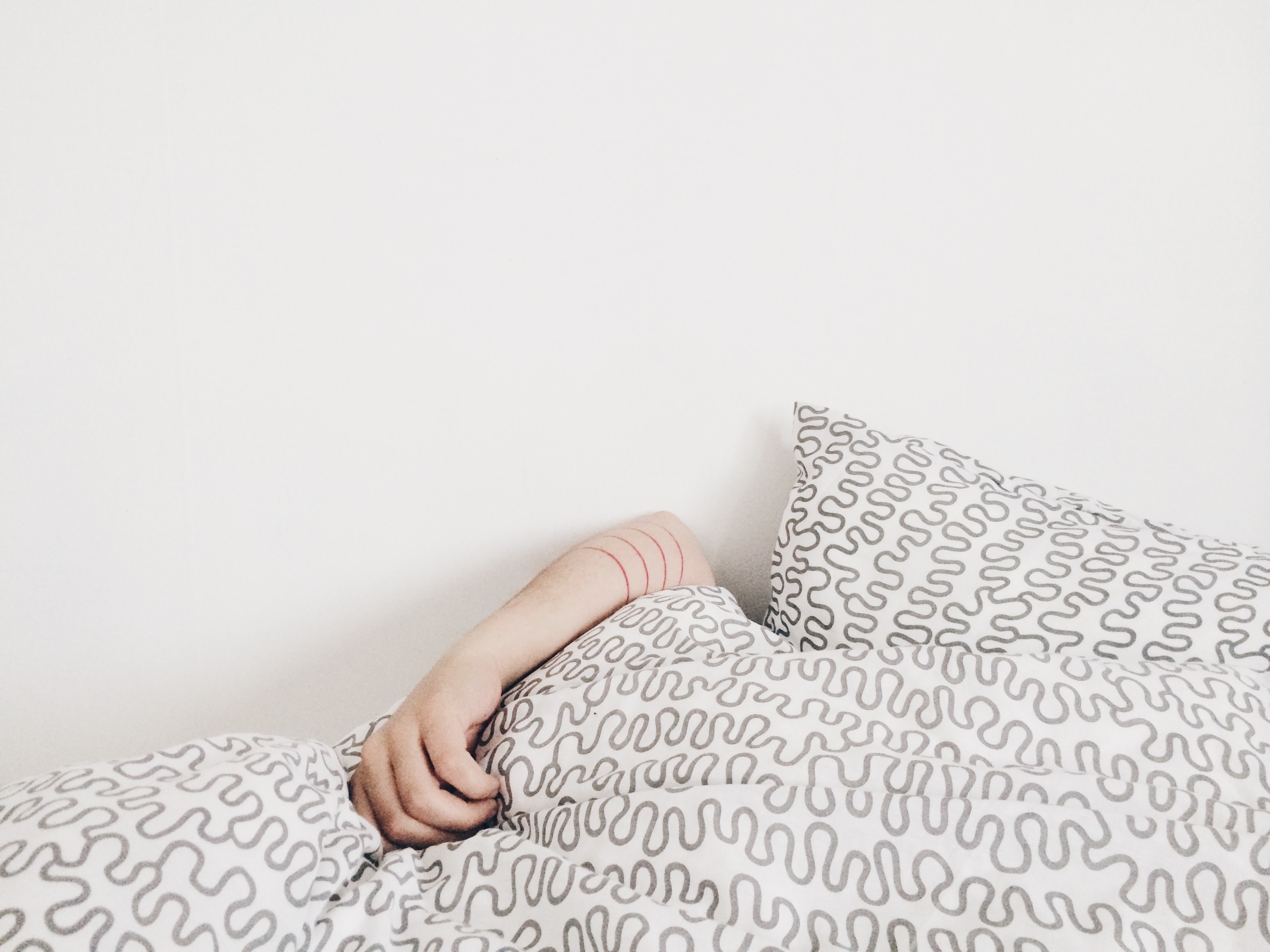
Chapter 2
Sleeping Disorders
It’s often sleep disorders which play the greatest role in a lack of sleep. They can leave us irritable, and prevent our bodies from functioning at 100%.
Insomnia
People with insomnia struggle with both falling and staying asleep. It is estimated that:
10-30% of all adults have insomnia
30-48% of pensioners suffer
23.8% of teenagers experience some form
50% of women have some kind of insomnia
A study by Aviva found that as many as 16 million UK adults experience some form of the disorder – a staggering 31%. The same report also highlighted which cities were worst affected.
Most likely to suffer from insomnia | Percentage | |
1 | Cardiff | 37% |
2 | Sheffield | 36% |
3 | Glasgow | 35% |
4 | Newcastle | 35% |
5 | Norwich | 34% |
6 | Belfast | 33% |
7 | Bristol | 33% |
8 | Manchester | 33% |
9 | Leeds | 33% |
10 | Nottingham | 32% |
Sleep apnoea
Common side effects are drowsiness during the day, headaches and loud snoring at night.
Sleep apnoea is most common among very young children and middle-aged adults. As many as four in every 100 men will most likely develop it at some point in life, as well as two in every 100 women.
The following table shows just how prevalent sleep apnoea is across the UK:
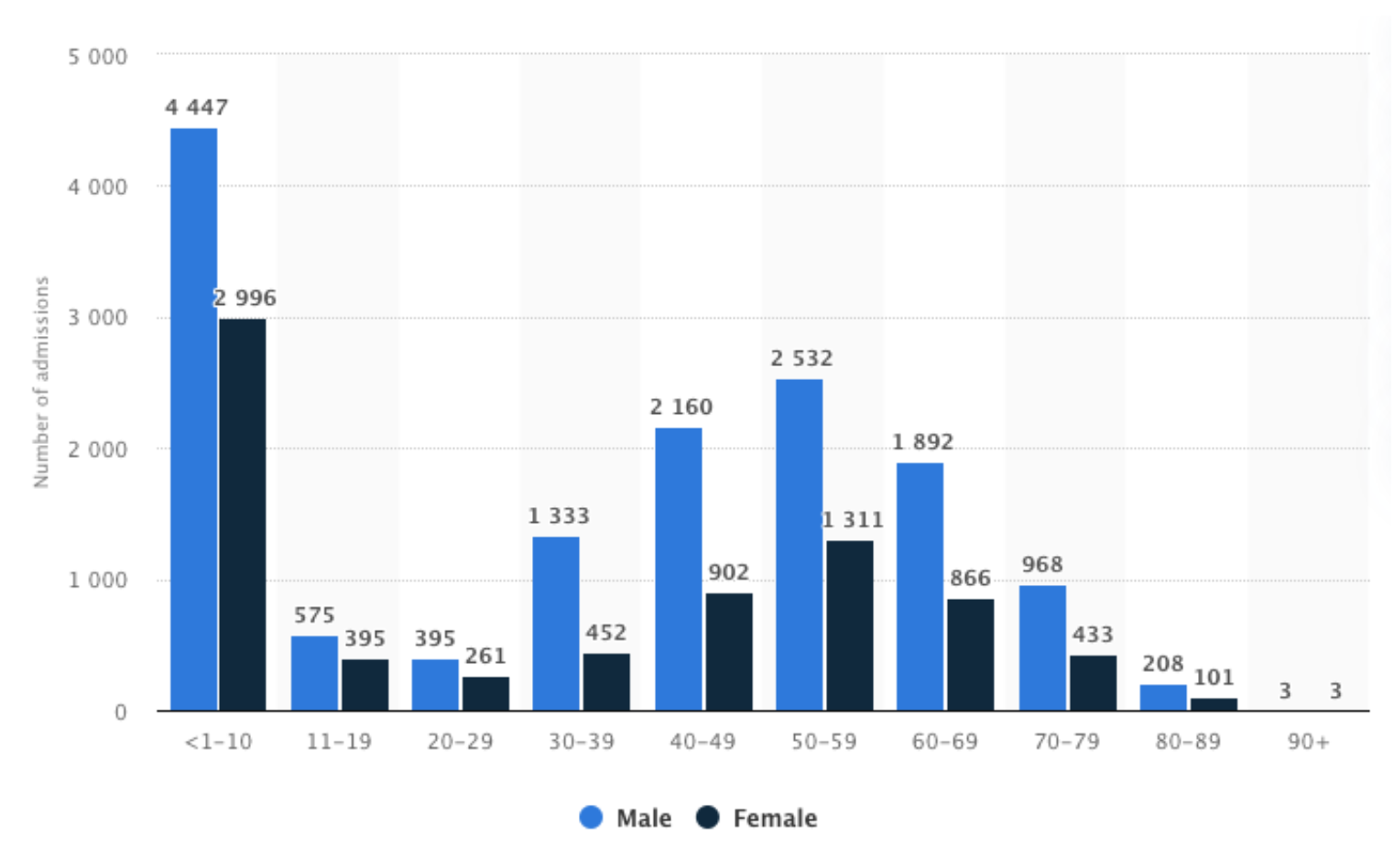
REM sleep behaviour disorders
Thrashing about in bed is not uncommon, as well as tackling inanimate objects in the room.
While less prevalent than insomnia or sleep apnoea, REM sleep behaviour disorder (RBD) can be found in as many as 2% of all adults. That means 1.3m people in the UK alone suffer from the condition.
Sadly, owing to its connection with the nervous system, the rates skyrocket when it comes to Parkinson's disease patients – where anywhere from 35-50% will experience RBD as they sleep. The same is true of dementia patients with Lewy bodies, who sit at 80%.
Interestingly, there’s also a strong male-to-female dominance. For every woman who has RBD, nine men will.
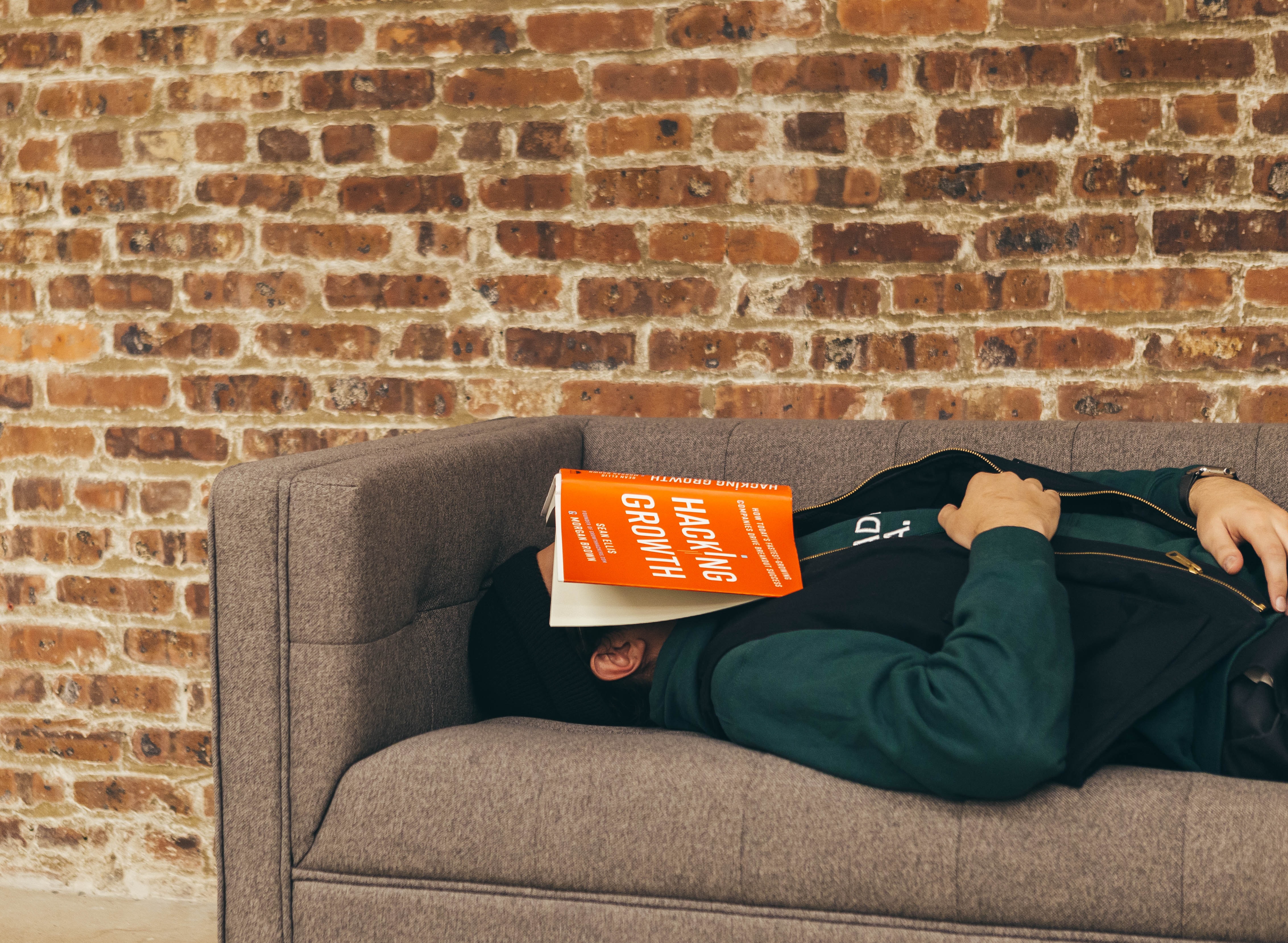
Chapter 3
Barriers to sleep
Sometimes, we really just can’t switch off. There are loads of reasons why that might be the case.
Dropping off
Shocking stats from a recent survey revealed as many as 22% of Brits have trouble falling asleep every night. While not as extreme, 15% said they struggle at least once a week.
And when it came to age groups, it was those between 55 and 64 who said they find falling asleep a challenge every night. A whopping 30.2% said getting to sleep was a nightly struggle.
At the other end of the spectrum, just 16% of people aged 35-44 have trouble falling asleep on a nightly basis.


Smartphones
As many as 57% of kids in the UK sleep with their smartphone by their bed at night. And while that sounds innocent enough, using a phone before bed has been proven to wake your body up and influence your circadian rhythm.
But it’s not just on British shores where smart devices are a problem. A recent US study revealed that social media channels were chiefly to blame for pre-bed usage, with the split being:
55.8% on Facebook
13.5% on Reddit
11% on YouTube
10.2% on Instagram
9.7% on Twitter
Despite only being third on the list, it’s YouTube which sees the most time being spent on average. People watch videos for 52m 20s before sleeping, as opposed to scrolling Facebook for just 27m 30s.
Mattresses and pillows
It’s perhaps no shock, given the struggles people are having falling asleep, that there’s been a steep rise in the number of people who take their basic bedding seriously.
The French Bedroom Company did some research into the matter, finding what they considered to be both the perfect and nightmare bed for sleeping in:
The dream bed:
Had a pocket sprung mattress
Used cotton blend bedding
Had a feather and down duvet and pillow
The nightmare bed:
Had a coil spring
Used polyester bedding
Had a synthetic duvet and pillow
Those surveyed confirmed that at least 58% of them would get more than seven hours of sleep on average a night, when using a pocket sprung mattress.
Likewise, 66% of respondents were less likely to report sleeping issues when they used a feather and down pillow and duvet combination.
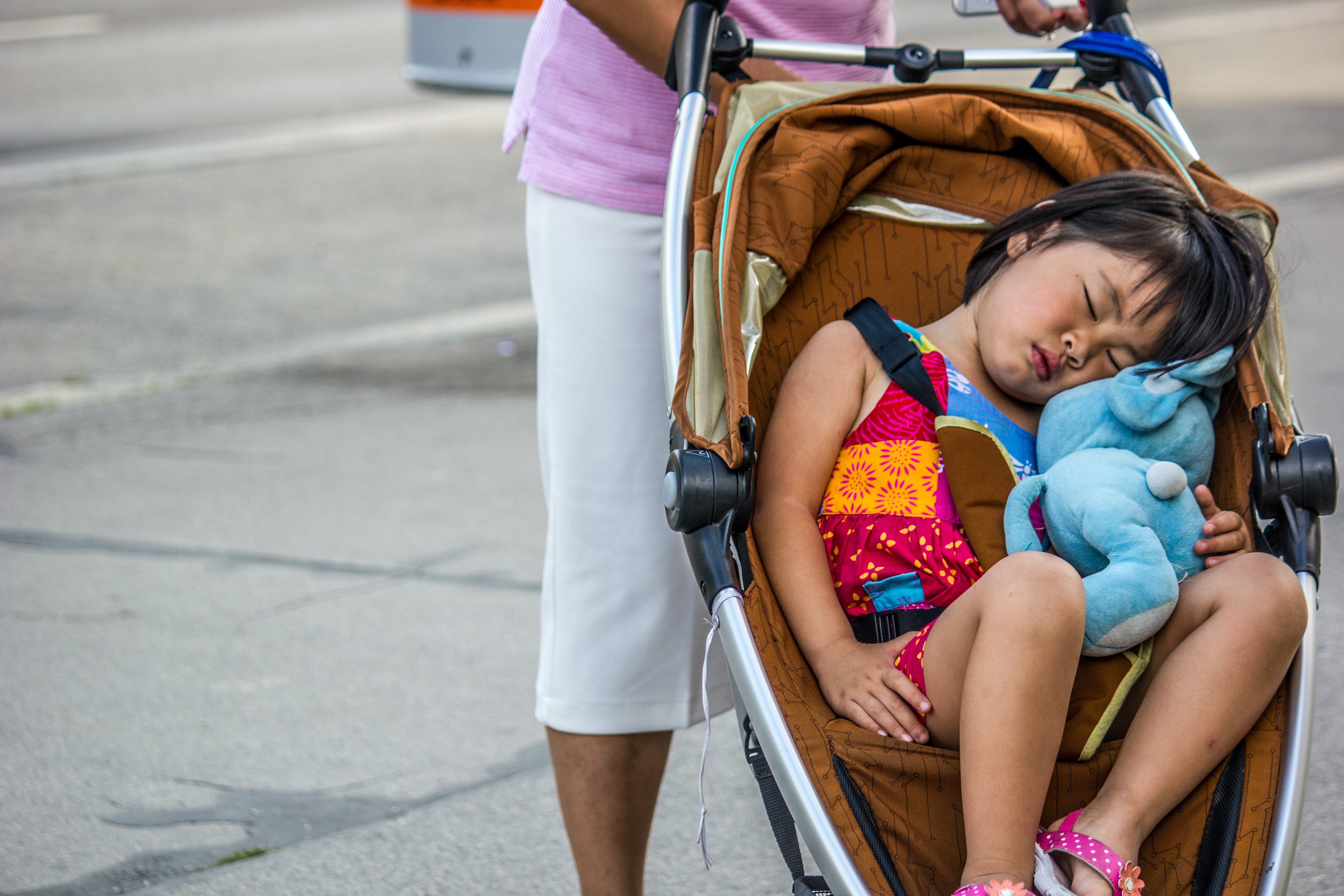
Chapter 4
Sleeping statistics by demographic
We’ve taken a wider look at sleep as a whole, but it probably wouldn’t surprise you to learn that things are very different depending on your age and even location.
A study has found that it’s actually those aged 18-29 who get the most sleep on average a night, with as many as 51% of them getting more than eight hours. The full results showed:
18-29 – 51% (got more than 8 hours)
30-34 – 47%
35-39 – 43%
40-44 – 41%
45-49 – 42%
50-54 – 44%
55-59 – 40%
60+ – 43%
The 55-59 age bracket was the one which experienced the least amount of sleep, averaging just 7h 30m a night. As many as 60% of them slept fewer than eight hours – the worst demographic for this factor.
But what about kids? The NHS recommends they get a lot more snoozing time than adults. Newborns will only need around 8 to 8-and-a-half hours, but three-year-olds might need a whopping 12 hours of sleep.
Even kids starting secondary school (those aged 11) will require as much as 9h 30m to be fully functional for the day ahead.
And it turns out where you are in the UK will also have a huge impact on how easy you find it to get enough sleep.
Results show that the more expensive a house someone lives in, the more likely they are to get a decent kip.
The North East of England has the lowest average house price in the country, at just £130,977. But they also get the least amount of sleep a night, at just 6h 25m.
By contrast, London (which also gets the most sunlight a year at 1,627 hours) gets the most average rest, at just under seven hours. What’s more, they also have the most expensive average house price – a staggering £483,922.
It seems like drinking tea also plays a huge role in snoozing. Northern Ireland has the third best average sleep time of any UK region (6h 45m), but consumed the most tea by some way – 7.9 cups a day in a household, when compared to the 4.7 national average.
And there also appear to be significant differences between men and women. In a recent survey, Philips found:
52% of men are satisfied with sleep
45% of women are satisfied with sleep
Despite having the better of it in terms of satisfaction levels, the study also found men were far more likely to do something about improving sleep than women:
Seeing a specialist – 60% of men, 49% of women
Using an online forum – 50% of men, 40% of women
Enrolling in a programme – 46% of men, 38% of women
There was also a noticeable difference in the way in which men and women tried to improve their sleeping situation:
Soothing music – 55% men, 47% women
Alcohol – 37% men, 27% women
Specialised bedding – 33% men, 25% women
Sunrise alarm clocks – 29% men, 20% women
Sleep trackers – 26% men, 20% women

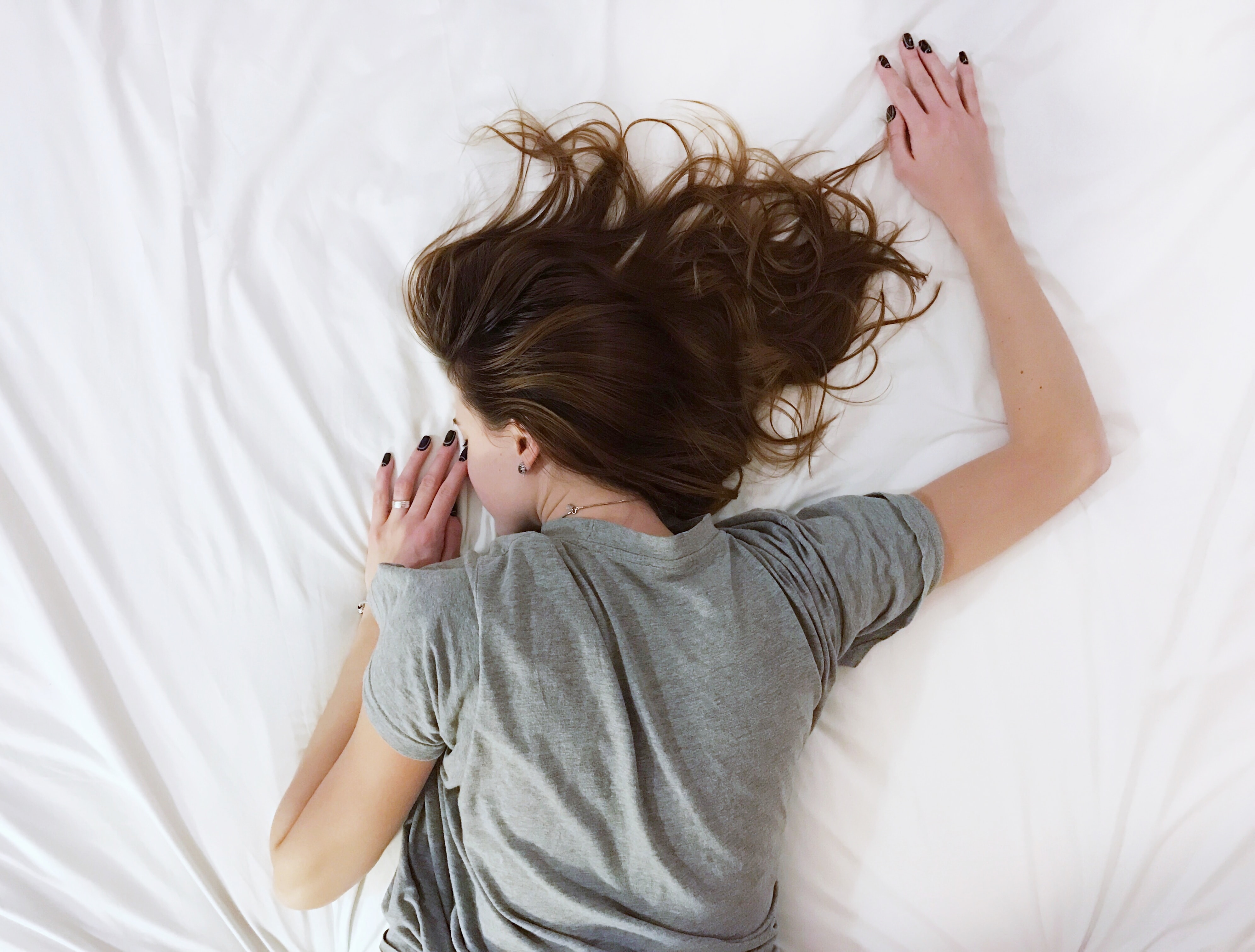
Chapter 5
Global sleep stats
While the world is slowly creeping closer to becoming one unified society, the same can’t be said for our sleeping habits – which remain as varied as ever.
If the latest worldwide statistics are anything to go by, Britons should count their blessings for the amount of downtime they get. Reports found a shocking amount of people overseas experience sleep debt, with Japan being the worst – getting less than 6 hours a night.
Those doing well include:
New Zealand – 7h 30m
Netherlands – 7h 28m
Finland – 7h 26m
UK – 7h 24m
Ireland – 7h 22m
While those struggling include:
Philippines – 6h 22m
India – 6h 20m
Sweden – 6h 10m
Saudi Arabia – 6h 8m
Japan – 5h 59m
Given these alarming figures, it’s perhaps no surprise that as many as 62% of people across the world feel they don’t sleep well on an average night. A further 80% would also like to improve the overall quality of their rest.
But what are the average sleep times across the globe?
6h 50m on weeknights
7h 50m on weekends
Other data from the same report found:
67% of people wake up at least once during the night
63% of people sleep longer on the weekends to make up for lost sleep
49% feel they just about get enough sleep
10% are completely satisfied with their rest
It’s suggested as much as 20% of the world’s population is in some way sleep deprived

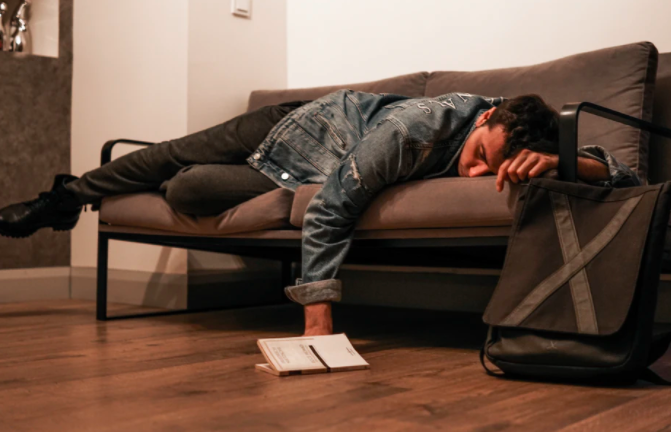
Chapter 6
COVID-19 and sleep
Sadly, as with so many areas of our lives, COVID-19 has had a huge impact on our sleep health.
There’s been a startling drop-off in the amount of sleep people in the UK are getting as a direct result of the pandemic:
18-24 – 28% (are getting less sleep)
25-34 – 31%
35-44 – 36%
45-54 – 32%
55-64 – 29%
65+ – 24%
It’s perhaps no surprise that the group who said they were getting more sleep than usual were those aged 18-24. This younger demographic actually reported a 36% rise in levels of sleep as a result of coronavirus. The next closest group were 35-44yos, who sat some way off at 21%.
Interestingly, the relationship between COVID-19 and sleep was seemingly interdependent. As many as 75% of respondents in a survey conducted by the Sleep Council said that the amount of sleep they achieved had a direct impact on how they felt about the coronavirus pandemic itself.
Some other troubling facts which were highlighted included:
77% of people saying the dip in sleep was effecting how they function
40% of women and 33% of men found it harder to stay asleep once they dropped off
26% of people were waking up too early in the morning
33% were experiencing more vivid dreams than they were used to
A separate report found that COVID-19 was also having a direct impact on kids. As many as 70% of kids under the age of 16 were going to bed later, while 57% were also waking up later.
The later bedtimes could be a direct result of a greater reliance on technology. 74% of parents reported that their children were using their smart devices more regularly before bed.
King’s College London have carried out their own research, further highlighting the impact that the pandemic has had. Some of their core takeaways included:
62% of people say they’re going to experience financial difficulties because of a lack of sleep
47% of people who report being stressed out because of COVID-19 have had less sleep
29% say they’ve slept longer hours but actually feel less rested
The virus is having a major impact on every aspect of society, and it’s clear sleep is no exception.
